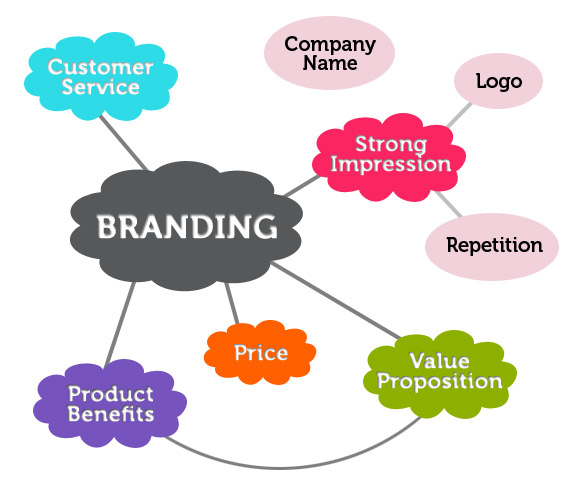Why you must think of your clients’ feelings?
When it comes to turning clients into customers, giving them a good user experience is not enough. Because we often don’t choose a product or service for rational reasons alone — our decision to stick with a brand is influenced by how that brand makes us feel.
Customer experience matters

Of course it’s important to take care of the rational aspects of customer satisfaction, by giving them a good user experience. Among
others, you have to:
-
Know what your clients expect from your product, and give them that;
-
Make sure your employees are able to answer clients’ questions, help them make choices when they are in doubt, and solve any issues the clients may have during the buying process;
-
Ensure your e-commerce website is easy to navigate.
-
Listen to what your customers have to say about your product and service — both the good things, and the bad;
-
Implement the necessary changes, which will prove to your clients you care about their satisfaction — whether it’s solving a bug on your website, improving product packaging or making the checkout process easier.
Emotional connection matters more

But besides these rational, practical factors, there’s also something else to customer satisfaction — your clients’ hearts. Yes, you read that right. As this 2015 Harvard Business Review study shows, there are hundreds of “emotional motivators” driving us to choose one brand over another — and they can be a lot more powerful than our conscious needs.
In fact, you know this already, from experience. When you are in the supermarket, for instance, you may be rationally telling yourself that you need to buy some tea. Subconsciously, though, there’s a probably a lot more to it.
Maybe you long for the comfort of sipping that tea in your pyjamas, holding your favourite mug, wrapped in a warm blanket and oblivious to the stress of work and household chores. Maybe you feel guilty if you buy tea that is not grown organically and sold through a fair trade scheme. Maybe you miss the afternoon tea you used to have at your grandma’s, when you were a kid in your own home country. And likely, you feel all of these emotions — and others besides.
So, you hold in one hand a plain tea package — with a name, ingredients, and an image of tea leaves. On the other, you hold a package with the name written in a classic, elegant type, an image of an old-fashioned afternoon tea, organic and fair trade labels, and ingredients explained in your own language. Which one are you going to buy — time and again?
This is emotional connection.
Language creates emotions
And of course, language is an important part of it. Now, if you are selling only inside your country, and only one language is spoken there, you don’t need to bother about language. You can focus on other aspects of your product and service which will satisfy your clients’ hidden desires and create that emotional connection.
However, if you are selling globally — or to different language groups within the same country — you must take language into consideration. This study shows that 9 out of 10 global users will not be interested in your product unless it’s presented in their native language.

And that 10th user may buy from you in English or in your own language — and they may be perfectly happy with their customer experience — but will they feel as much about your product as they would if you spoke to them in their mother tongue?
Probably not. Language is incredibly personal — it’s really a part of who we are. And most people are a lot more open to us if we address them in their own language.
So, if you want to create that emotional connection which will bring your clients back time and again, and turn them into customers — talk to them in their language. Have your website translated and localized to each language group you target. Make your clients feel this is familiar ground.
And if you think tapping into your client’s unconscious needs sounds Machiavellian, remember it’s all right to sell them a dream — as long as you deliver on it. After all, if that organic, fair trade tea in the lovely package is good, and makes you feel as good as you wanted — you will buy it again, won’t you?




























